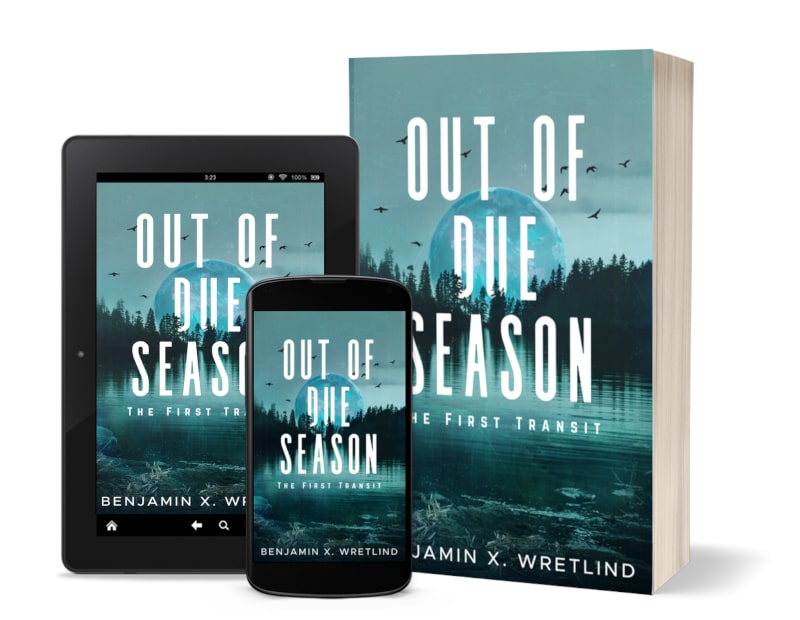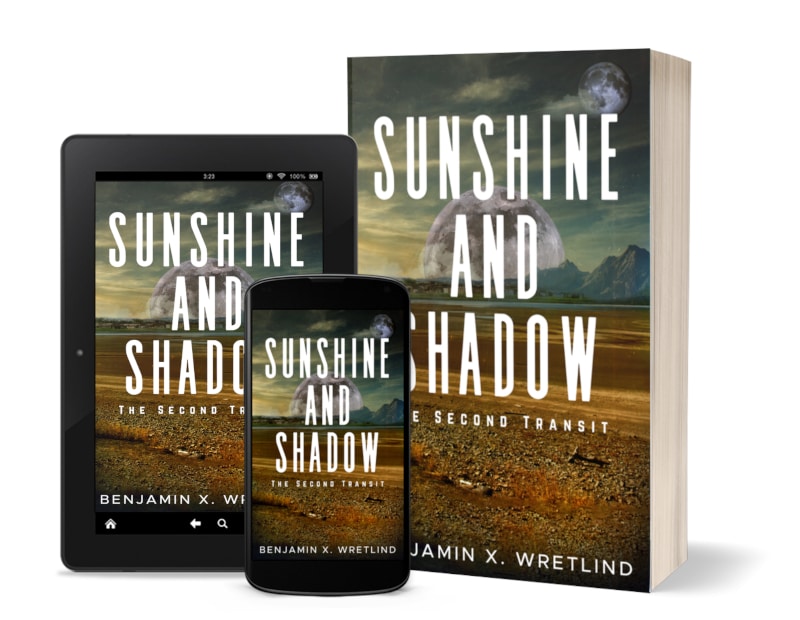4—Embrace Non-Attachment

This post, Embrace Non-Attachment, is part of a series called Ink and Enlightenment: 100 Insights & Exercises for the Writer’s Soul which is out now. (Link here!)
Explore the concept of non-attachment in your writing process. Recognize that your words and ideas are fluid, and be open to revising and letting go of them when necessary. Avoid getting too attached to outcomes and focus on the joy of the writing journey itself.
Writing Practice
In writing, the concept of non-attachment takes center stage, inviting us to embrace a fluid and evolving approach to our words and ideas. By recognizing the impermanence of our creations and releasing attachment to specific outcomes, we open ourselves to the transformative power of the writing process itself. Letting go liberates our creative journey, allowing our words to flow naturally as we grow.
Set Your Intention
Begin by setting the intention to embrace non-attachment throughout your writing process. Understand that your words and ideas are not fixed, but instead fluid and evolving. Focus on the joy and transformative experience of writing itself, rather than getting caught up in specific outcomes or expectations.
Stay Mindfully Aware
Practice mindful awareness as you write. Observe your thoughts, emotions, and reactions during the writing process. Notice if you become overly attached to certain words, phrases, or ideas. Cultivate a gentle curiosity and let go of rigid thinking patterns that may hinder your creative flow.
Embrace Revision
Embrace the idea that revision is a natural and important part of writing. Be open to revisiting and reworking your words, even if it means letting go of cherished passages or ideas that no longer serve the overall work. Understand that through revision, your writing can evolve and become more refined.
Embrace Uncertainty
Acknowledge and embrace the uncertainty of the creative process. Realize that not all ideas or drafts will lead to the exact outcome you envisioned, and that’s okay. Release the need for perfection or strict adherence to initial plans. Allow yourself to explore new directions and embrace the surprises that emerge along the writing journey.
Find Joy in the Process
Shift your focus from outcome-driven expectations to finding joy in the process of writing itself. Cultivate gratitude for the opportunity to express yourself through words and engage in the creative act. Discover pleasure putting words together, exploring new ideas, and witnessing the gradual transformation of your work.
Detach from Your Work
Practice detachment from your work. Understand that your writing does not define your worth as a writer or as a person. Let go of rigid notions of success or failure tied solely to the outcome of your writing. Instead, find fulfillment in the act of creative expression and the personal growth it brings.
Learn to Let Go
Develop the ability to let go of your writing when it’s time. Recognize when a piece is complete or when it no longer serves its intended purpose. Be willing to release it into the world, allowing it to find its own path with readers. Trust that letting go creates space for new ideas and creations to emerge.
Reflect and Grow
Reflect on how embracing non-attachment has influenced your writing journey. Consider the ways it has enhanced your creativity, reduced self-imposed pressure, and brought a greater sense of freedom and joy to your writing process. Embrace the lessons learned and carry them forward into future writing endeavors.
Non-attachment offers liberation from the constraints of preconceived outcomes and judgments. By relinquishing the attachment to a specific outcome, you open yourself to unexpected possibilities and new directions for your writing. Embrace the present moment and immerse yourself fully in the process, without being bound by the need for a predetermined result. This mindset invites a sense of curiosity and openness, enabling you to explore uncharted territories and discover hidden depths within your writing.
Let go of fixed notions and embrace the beauty of impermanence. By cultivating non-attachment, you can approach your writing with a lighter heart and a more open mind, ultimately experiencing greater joy, fulfillment, and creative breakthroughs along the way.
Reflection Questions
In what ways has embracing non-attachment in my writing process allowed me to let go of rigid thinking patterns, be open to revision, and find joy in the act of writing itself?
How can the concept of non-attachment bring a greater sense of freedom, flexibility, and joy to my personal growth and other creative endeavors beyond writing?

















